India’s G20 Presidency and Leadership in Governing VDAs
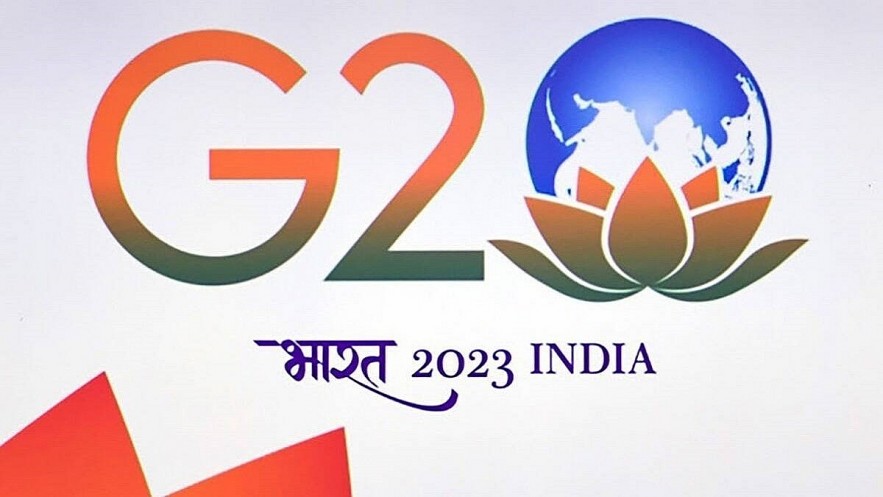 |
By Rameesh Kailasam & Madhabi Sarkar
India assumed the Presidency of G20, and this is a matter of great pride for all Indians and continues to be an opportunity for India to display its leadership to the world. The G20 works to address major issues related to the global economy, such as international financial stability, climate change mitigation, and sustainable development.
The G20 as an institution operates through multiple tracks. The two most important tracks are the Sherpa Track and the Finance Track. Through the Sherpa Track, which includes 13 Working Groups and 2 Initiatives under India’s Presidency, the G20 discusses priorities set out by these bodies and provides recommendations. However, from the perspective of the VDA/crypto ecosystem, the Finance track is the most relevant one as it includes “assessment of risks from crypto-assets and policy approaches”, which has been officially included under the Financial Sector issues working group. This ties in, and is testimony to, India’s intent and vision to assume leadership in the global regulation of crypto assets/VDAs. Building on the FSB, OECD, and the FATF recommendations in this space during Indonesia’s Presidency previously, the world now looks at India to drive the recommendations forward and strive for global consensus on crypto regulation.
Recently, the Government brought crypto under money laundering law; under the ambit of PMLA which is in line with the global trend of requiring digital-asset platforms to follow anti-money laundering standards similar to those followed by other regulated entities like banks or stock brokers.
Following this, The Indian G20 Presidency has suggested a joint technical paper by the IMF and FSB which would help global and coordinated policy formulation on crypto assets. Prime minister Narendra Modi, on different occasions, including the Sydney Dialogue and the WEF summit, has held that “it is important that all democratic nations work together to ensure that cryptocurrency doesn’t end up in the wrong hands.” Moreover, countries, companies, and international organisations have already begun to find concrete means of oversight of the space, both legal and technological. It is true that there isn’t yet a global consensus on any form of regulation, as different nations approach it from their own perspectives.
Most countries have instituted some licensing/registration processes for Virtual Asset Service Providers (VASPs) and institutions dealing with cryptos. This also forms the first step for the implementation of the OECD and FATF recommendations. India is yet to institute such, or any other, licensing/registration regime for this ecosystem.
Most countries have taxed VDAs, pointing to the fact that taxation is the first step towards regulation or recognition. It is argued that taxation is undertaken by many of these jurisdictions to better study the ecosystem and understand the scale of it in their domestic economies. Hence, India is not a lone example of taxing without regulation, but rather, taxation could be looked at as the initial step towards understanding and consequently regulating the ecosystem with a better taxation format that makes it viable yet traceable.
Most countries are either researching or actively working on Central Bank Digital Currencies (CBDCs). Though it has been argued previously that both VDAs and CBDCs can exist in parallel, since both solve different problems, there can be increased attention to the CBDC research and pilot implementation throughout the G20 framework.
The European Parliament recently approved the European Union’s crypto-assets framework known as MiCA (Markets in Crypto-Assets Regulation) that offers a curated licensing mechanism for crypto-asset services and stablecoin issuers across the 27 EU member states.
MiCA intentionally seems to refrain itself from regulating decentralized finances (DeFi’s) or non-fungible tokens (NFT’s). Notable is the fact that the rules on stablecoins issuers will give consumers confidence that their tokens are properly reserved and redeemable.
With the global players largely regulating and promoting their own mechanisms around crypto, it is also important for India and emerging economies to join hands to explore an equivalent that will address security, traceability and forced dollarization concerns. The crypto-tech market in India could potentially be worth of $2.3 billion globally by 2026, and can create 800,000 jobs, an economic value-add of $184 billion by 2030 through investments and cost-savings, according to various studies.
Minister of State for Finance, Pankaj Chaudhary recently informed the Parliament that India is working with G20 nations to establish a globally coordinated policy on crypto assets. With its G20 Presidency, the country is taking advantage of the opportunity to prioritise different issues, including crypto assets, for international collaboration. The nature of crypto assets means that they are not bound by borders and necessitate cooperation between nations to avoid regulatory arbitrage.
Finance Minister Nirmala Sitharaman also held discussions during the IMF-World Bank Spring Meetings in April, in Washington. Additionally, in July, the Financial Stability Board (FSB) will present their paper on regulating crypto assets, which will be discussed at the next meeting of finance ministers and central bank governors.
While it may seem that it is a step towards a positive direction, regulating the crypto ecosystem might take some time to achieve a global consensus and there have also been recent interesting developments across some G20 nations on crypto regulation. India is already at the forefront of leadership and has sought stronger regulations for crypto assets and cooperation of G20 countries to develop a common global framework.
There is every hope that India’s dynamic leadership leads the world towards a more robust and dynamic global regulation for this sector. India has the potential to become key player in the Web3 ecosystem that is shaping major world decisions by also working with its startups to build some of the essential components in the Web3 space including a robust stable coins and blockchain ecosystem that will be adopted by the emerging world and one that will also complement the CBDC efforts.
Recommended
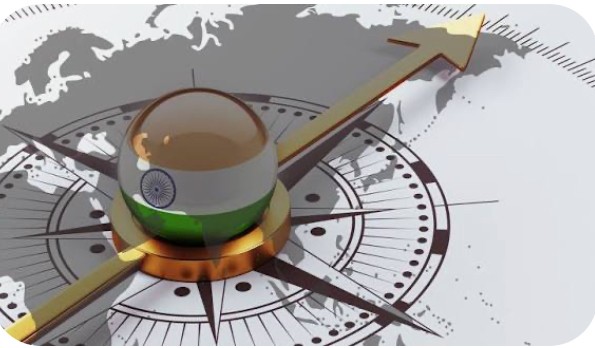 World
World
India’s package for exporters signals confidence in Southeast Asia markets
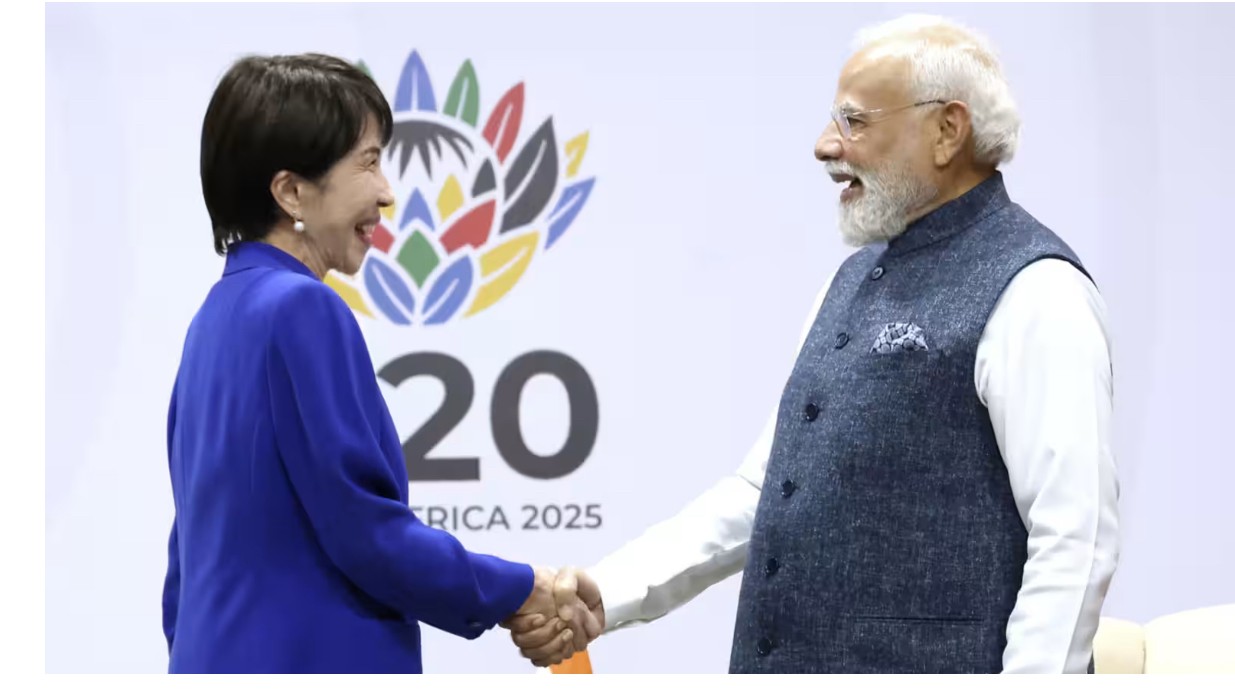 World
World
Japanese PM Sanae Takaichi and Indian PM Narendra Modi agree to deepen Japan-India cooperation
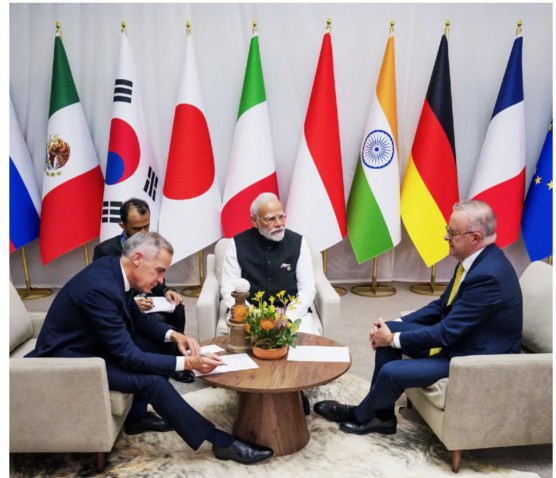 World
World
Australia, Canada, India Enhance Cooperation in Technology
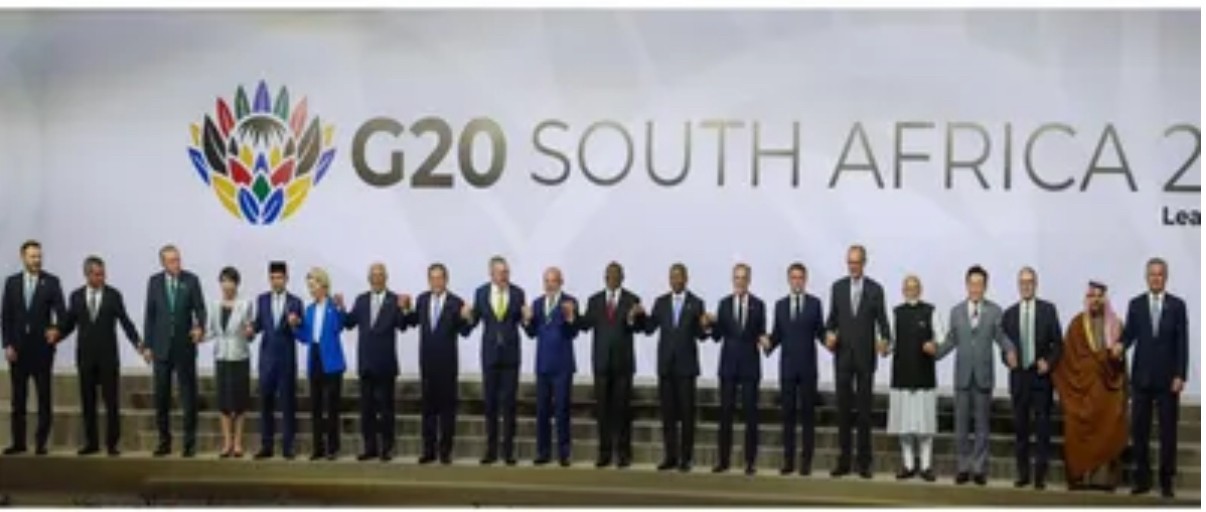 World
World
PM Modi underscores "shared commitment to global progress and prosperity" at G20 Leaders' Summit in Johannesburg
Popular article
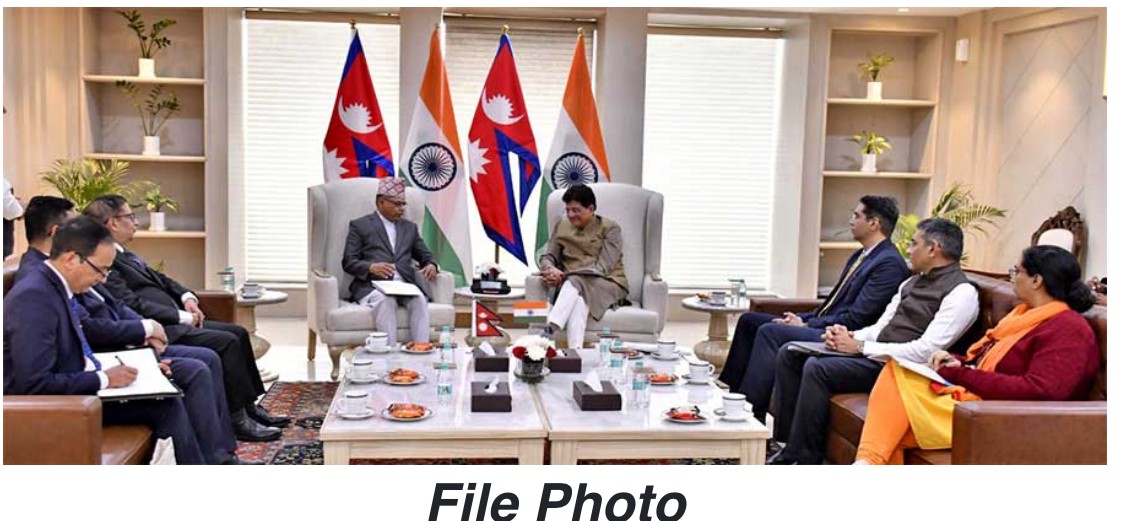 World
World
Bridges beyond borders: India’s supports Nepal’s growth, tourism, and cricket dream
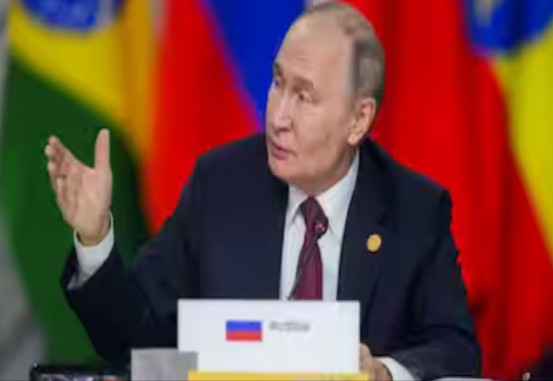 World
World
Russia 'Actively Preparing' For Putin's India Visit: Kremlin
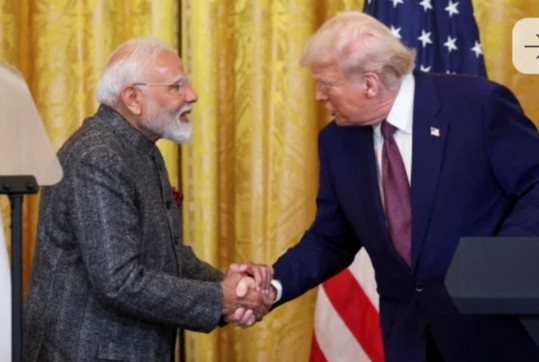 World
World
Are US-India ties set for a rebound after Trump’s trade talk optimism?
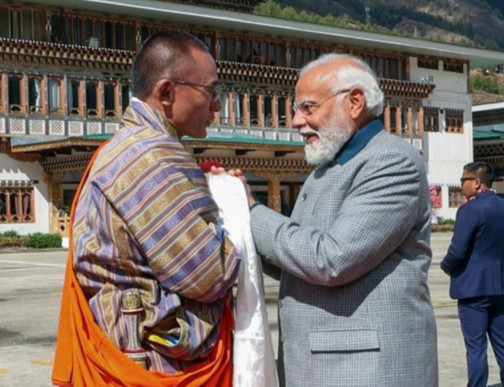 World
World



